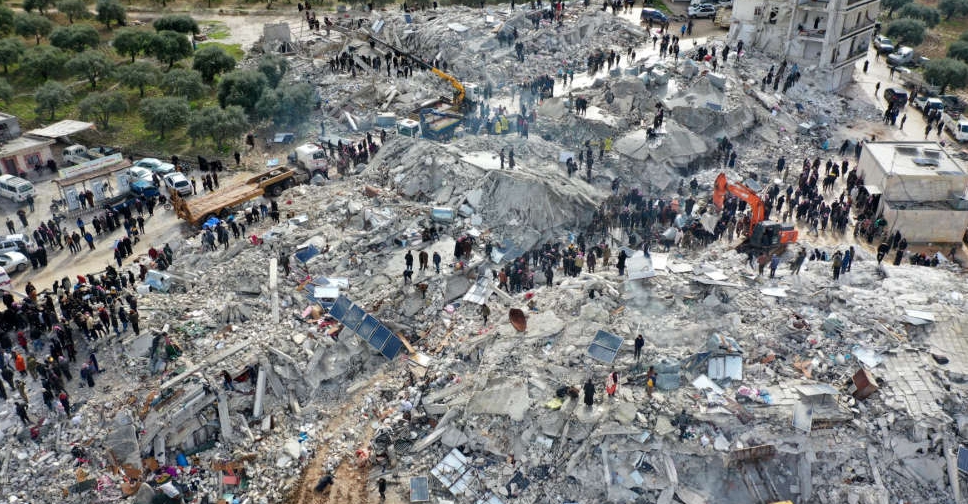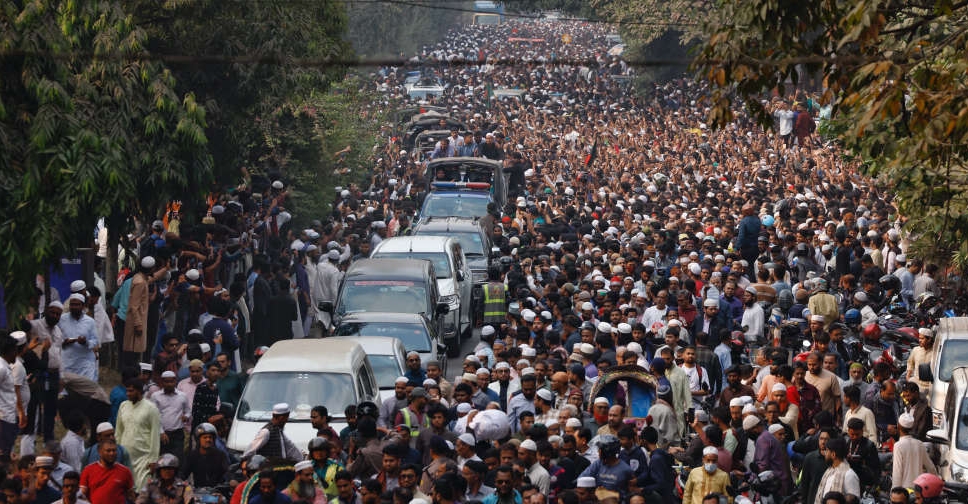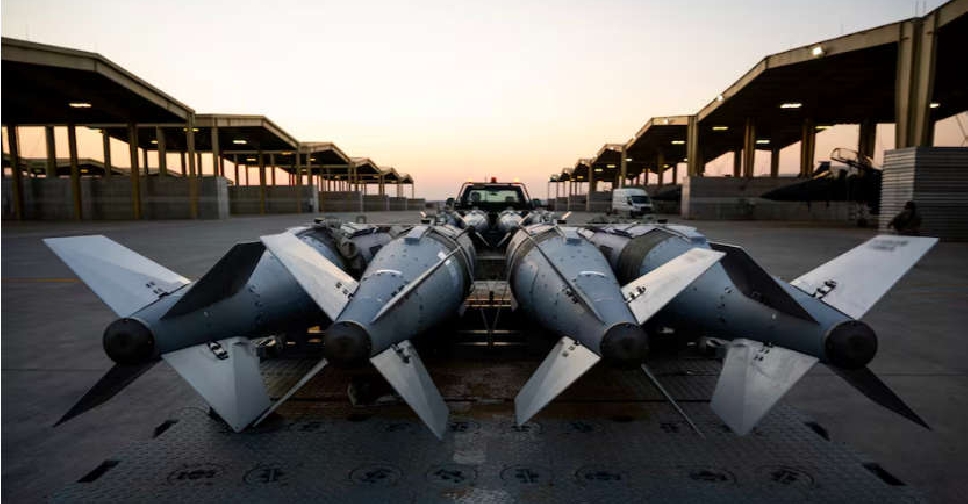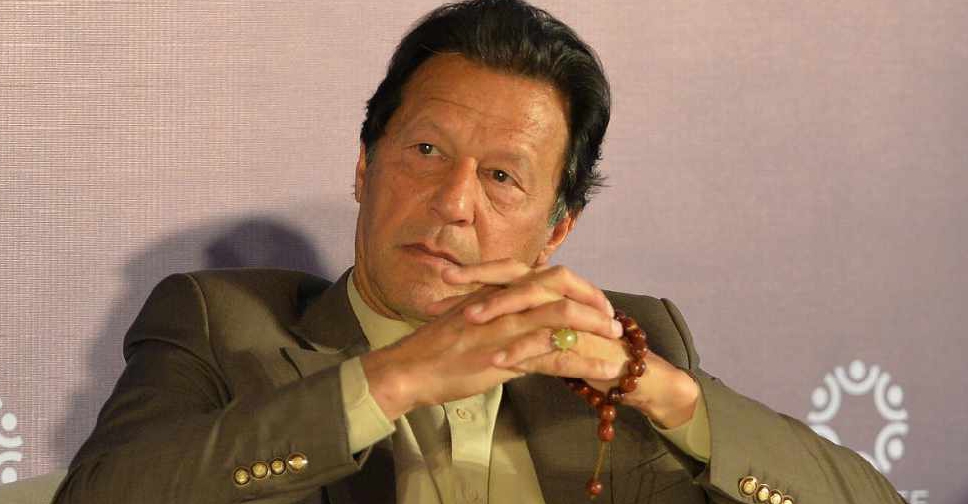
A top UN humanitarian official said damage to roads, fuel shortages and harsh winter weather in Syria were hampering the agency's response to an earthquake on Monday that killed more than 1,200 in the country and left millions in need of aid.
The huge tremor, which also left more than 2,300 people dead in Turkey, sent people rushing into the streets in Syria's north, where past air strikes and shelling have already traumatised the population and weakened many buildings.
"The infrastructure is damaged, the roads that we used to use for humanitarian work are damaged, we have to be creative in how to get to the people... but we are working hard," UN resident coordinator El-Mostafa Benlamlih told Reuters in an interview via video link from Damascus.
Even before the 7.8-magnitude quake struck in the early hours of Monday morning, the UN estimated that more than 4 million people in northwest Syria, many displaced by the 12-year conflict and living in camps, depended on cross-border aid.
While Syrian frontlines have been largely frozen for years, a deepening economic crisis has exacted a heavy toll across the fractured nation, leading to fuel shortages, increased power cuts and growing deprivation.
The United Nations says the number of people in need of humanitarian support is greater than at any point since the war began, with 70 per cent of the population requiring aid.
And that was before the quake struck.
Now, "they are the same people - suffering more," Benlamlih said.
He noted that many people whose homes had been destroyed were spending the night sleeping out in the open or in cars, often in freezing temperatures, without adequate access to basic items like jackets and mattresses.
He said the United Nations was working to mobilise all the aid it could to the affected zones - both in government-held and rebel-held areas - as quickly as possible.
But international support is stretched and underfunded.
The UN received less than half of the $4.4 billion it required from donors to meet growing needs in 2022, and if that trend continues, Benlamlih said prospects for a recovery from the Syrian crisis could dim.
"Whatever we have, we are using it for now. And, hopefully, we will be able to get that replenished for the normal needs," Benlamlih said.
"When we are getting less than 50 per cent of funding, it's not that we managed. The number of people in need keeps increasing and the crisis keeps deepening."




 US Epstein files release highlights Clinton, makes scant reference to Trump
US Epstein files release highlights Clinton, makes scant reference to Trump
 Bangladesh holds state funeral for slain youth leader amid tight security
Bangladesh holds state funeral for slain youth leader amid tight security
 US hits ISIS in Syria with large retaliatory strikes, officials say
US hits ISIS in Syria with large retaliatory strikes, officials say
 Pakistan court hands Imran Khan, wife 17-year jail terms in another graft case
Pakistan court hands Imran Khan, wife 17-year jail terms in another graft case
 Seven elephants killed in India train accident
Seven elephants killed in India train accident






